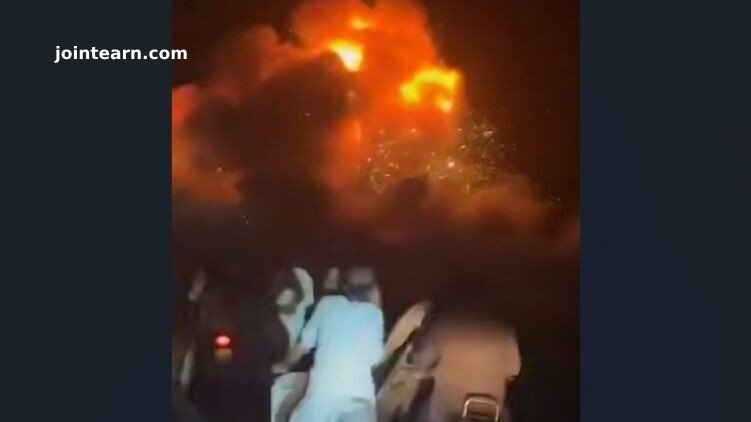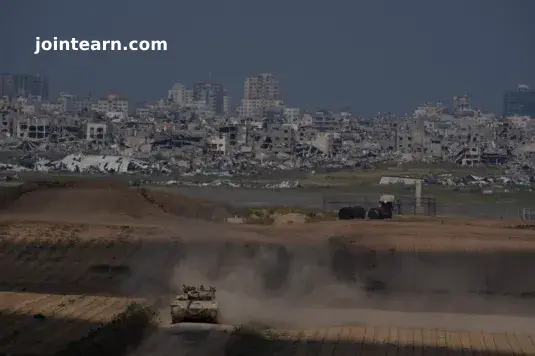May 7, 2025 — India has launched missile strikes on nine sites across Pakistan and Pakistan-administered Kashmir in a major escalation of tensions between the two nuclear-armed neighbors. The air strikes, which took place early Wednesday, have led to significant casualties on both sides, with Pakistan claiming to have shot down five Indian fighter jets—a claim that India has not confirmed.
The Indian army reported that at least seven civilians were killed by Pakistani shelling on the Indian side of the Line of Control (LoC), the de facto border separating the two countries in the disputed region of Kashmir. In contrast, Pakistan says that 26 people were killed and 46 others injured in the Indian air strikes and subsequent firing along the LoC.
Kashmir Conflict: A Dangerous Flashpoint
The latest escalation comes after a deadly militant attack on Indian tourists in Pahalgam, Indian-administered Kashmir, last month. The Indian government has accused Pakistan-based terrorists of being behind the attack, which claimed the lives of at least 25 Indian nationals. However, Pakistan has denied any involvement in the incident, further heightening tensions between the two countries.
The situation has sparked fears of a wider conflict, with both India and Pakistan exchanging air strikes and shelling in the past 24 hours. These hostilities are part of a long-standing conflict over Kashmir, a region claimed in full by both countries but divided between them. Kashmir has been a flashpoint for war three times since the partition of India and Pakistan in 1947, and the recent violence threatens to escalate the situation even further.
The Role of Nuclear Weapons in the India-Pakistan Tensions
Both India and Pakistan are nuclear powers, and the recent escalation has raised alarm across the globe about the potential for a nuclear conflict in South Asia. The use of missile strikes and air strikes in the latest exchanges has dramatically increased the risk of an all-out war.
The international community, including the United Nations and major global powers, has called for restraint and de-escalation. However, with both countries already on high alert and nationalist rhetoric from both sides, the potential for a broader confrontation remains high.
Calls for Diplomacy and De-escalation
International analysts have pointed out that the stakes are incredibly high, with the risk of the conflict spilling over into full-scale war. The urgent need for a diplomatic push to prevent further escalation is crucial. Jeremy Bowen, BBC’s International Editor, warned that both sides fully understand the consequences of a large-scale war and the importance of avoiding it at all costs.
The Kashmir conflict has been a source of tension for decades, with ongoing insurgency and military actions resulting in thousands of casualties. The region’s strategic importance, combined with its deeply-rooted religious and territorial disputes, makes it one of the most volatile areas in the world.
The Way Forward: Diplomacy or War?
With the latest air strikes intensifying tensions, the global community is closely watching the situation. Both countries know the stakes — and the need for immediate diplomatic intervention has never been greater. As the situation evolves, the world hopes that both India and Pakistan will exercise restraint, prioritize diplomacy, and avoid further escalation that could lead to catastrophic consequences.






